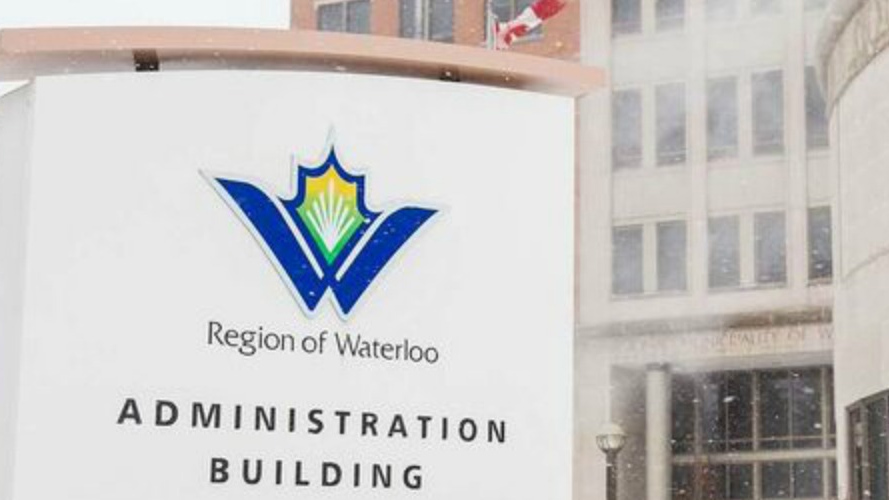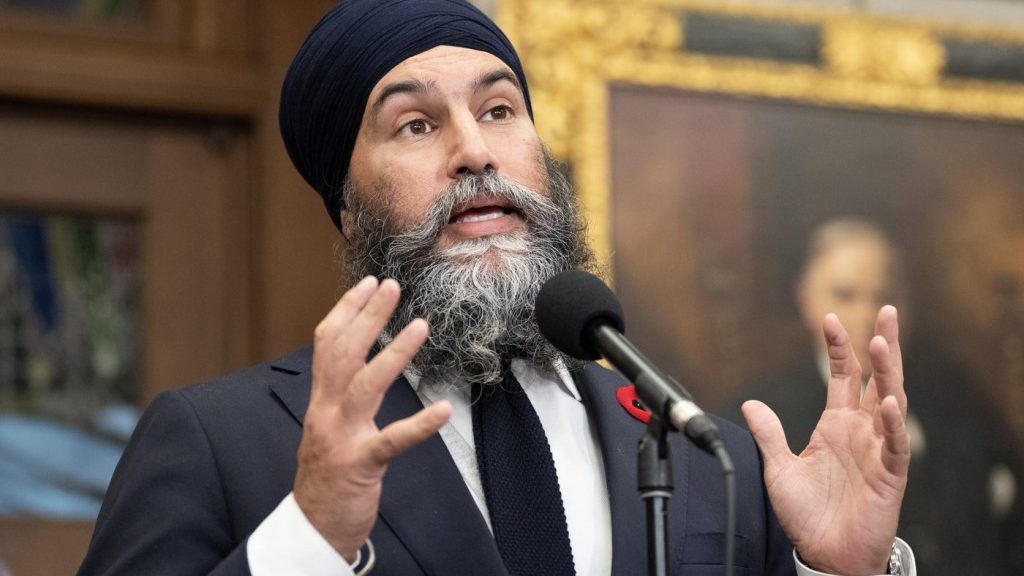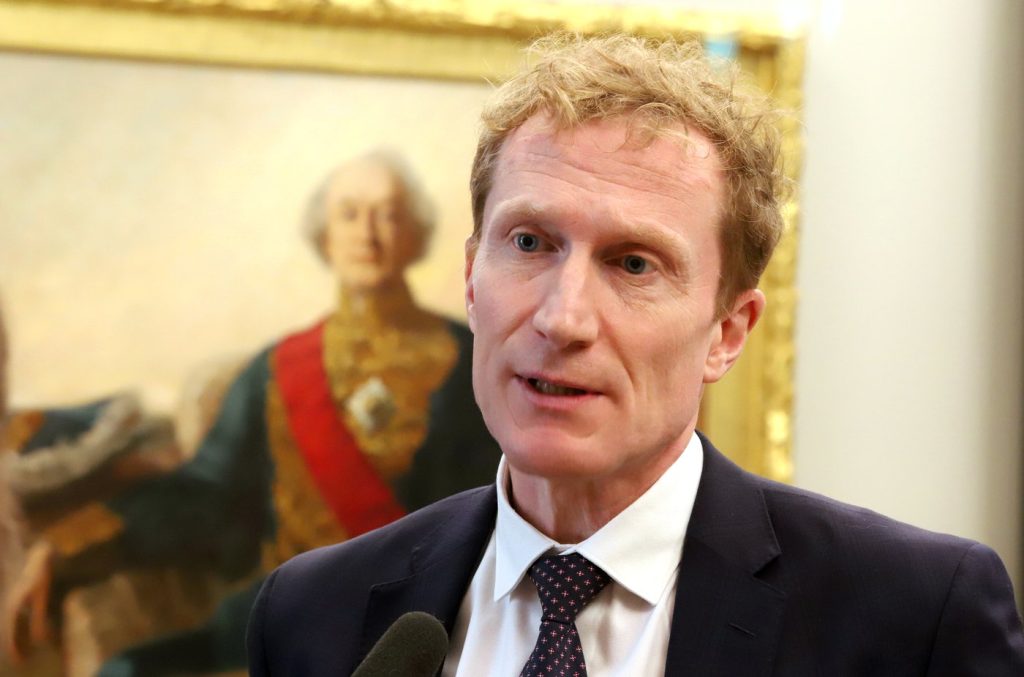Education system needs ‘systemic change,’ says new director of education
Posted Jul 9, 2021 04:45:00 PM.
The newly-appointed Waterloo Region District School Board (WRDSB) director of education believes the school board can tap into the thriving local tech centre to bring the education system into the 22nd century.
jeewan chanicka, who recently took the baton from John Bryant, talked to CambridgeToday about what he was looking forward to in the new position.
He began by addressing the elephant in every interview room.
“I do spell it all in lowercase,” chanicka said, talking about his choice to spell his full name all in lowercase. “I probably started doing that more than five years ago. It's me decentring from myself and focusing on the collective work that needs to be done. It's really just about being a part of the larger process, the village so to speak. I'm one of many sets of hands and shoulders to support community and ultimately all kids to be successful.”
With that out of the way, he then got down to business, talking about his role.
First things first, chanicka said, it takes a team to make any change.
“We cannot do that without engaging the voices of students, staff, and community,” he said.
As for the challenges for Waterloo Region, chanicka said, they are not really any different than those faced by public education in general, he said.
“One of the biggest challenges is that public education has never yet successfully supported all students well,” chanicka said, who was born in Calgary but schooled mostly in Trinidad & Tobago, before he moved back to Canada for graduate school.
“What you have a is a system that was created in the industrial era to satisfy the needs of that time. Since then, till now, we continue the same groups of students over-represented in achievement and well-being gaps: Indigenous, 2SLGBTQ, students with learning needs, Black students, and students coming from poverty needs.”
Recalling his schooling, he said, the way he experienced education was very traditional.
“The teacher as the expert and the student as the empty vessel,” chanicka said. “The Canadian system wasn't a whole lot different, to be honest. The curriculum was different, but the rest was similar.”
As he worked through his post-graduate education, he said, he began looking at what leading-edge curriculum and pedagogy could look like.
“That's a conversation I want to take up with the staff and students to change ways we're teaching in the classroom so it supports kids moving in the world to prepare for life and be successful,” chanicka said.
It's not that elements in the Canadian education system haven't changed along the way, he said, adding, there have been initiatives, but, “We have not seen a systemic change.”
When preparing children to live in the 22nd century, chanicka said, the education system needs to provide 22nd century learning.
“The opportunities ahead of us, for both those key pieces, are innovation and transformation,” he said. “We have a chance to be able to support the students to continue with their success, but also transform things so all students are able to rise to their highest potential and not identify with their social identities.”
chanicka said he would also like to rally all those involved in the school system to work on truth and reconciliation and the calls to action to uphold and support Indigenous self-governance and self-determination.
“Working in collaboration with elders to be able to think about how we're doing to support Indigenous students, understanding that education has been a traumatic experience for Indigenous Peoples,” he said.
All of this, chanicka said, can be incorporated in the upcoming strategic planning process the school board is about to launch.
“We need to tap into students' voices and their own sense of agency,” said chanicka, who has worked in the Canadian education system for 20 years now. “Research tells us that kids graduating hold something like 13 jobs, that haven't been created yet to solve problems that haven't been identified yet. Knowing this, we cannot continue to do things the way we've been doing.”
Partnerships with local agencies and university will be a step in the right direction, chanicka said, adding there's no shortage of caring staff willing to make change.
“But a lot of times people feel encumbered by the structures that exist,” he said, who has experience and familiarity with multiple education systems from the British to the American to the Canadian and international baccalaureate. “Also, the challenge has been to have the brave conversation to think about doing things differently. We must prioritize the changes that are necessary for children.”
There are also opportunities for the board to look at curriculum change so it's culturally responsible and extends children's learning, chanicka said.
“The way of solving issues in the world moving forward is going to be through collaboration,” he said. “How do we build collaboration as a skill that can be assessed while helping kids work with one another and build their thinking skills?”
Another systemic problem, chanicka said, is that the education system is still grouping children by age.
“That is pretty antiquated, especially when we think about capacity, passion, learning styles, needs, and propensity,” he said. “At the heart of what we need for the 22nd century is to foster creativity, innovation, and design thinking.”








